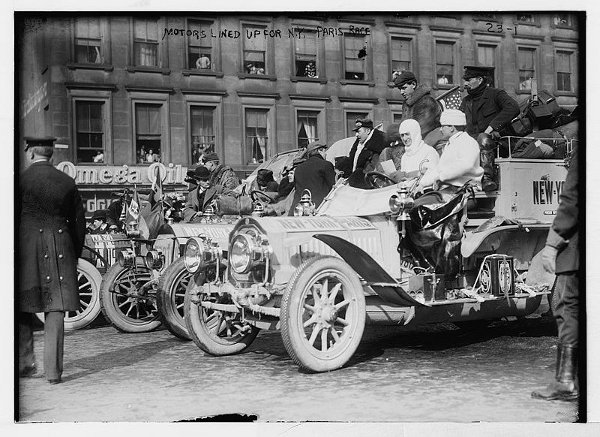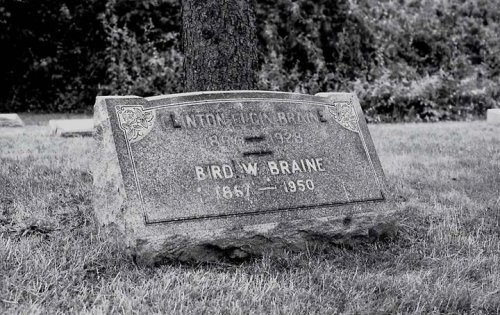Let the peal of a gong be heard in the last half of a minute, a second peal in the preceding 1/4 minute, a third peal in the 1/8 minute before that, etc. ad infinitum. … Of particular interest is the following puzzling case. Let us assume that each peal is so very loud that, upon hearing it, anyone is struck deaf — totally and permanently. At the end of the minute we shall be completely deaf (any one peal being sufficient), but we shall not have heard a single peal! For at most we could have heard only one of the peals (any single peal striking one deaf instantly), and which peal could we have heard? There simply was no first peal.
— Jose Benardete, Infinity: An Essay in Metaphysics, 1964





